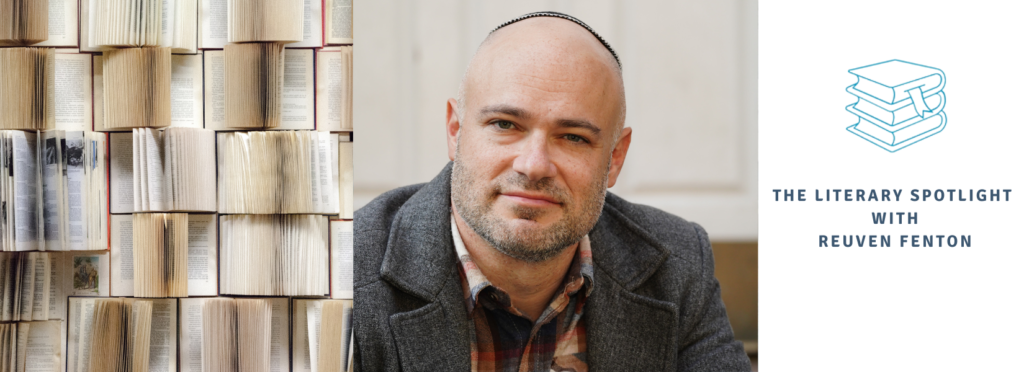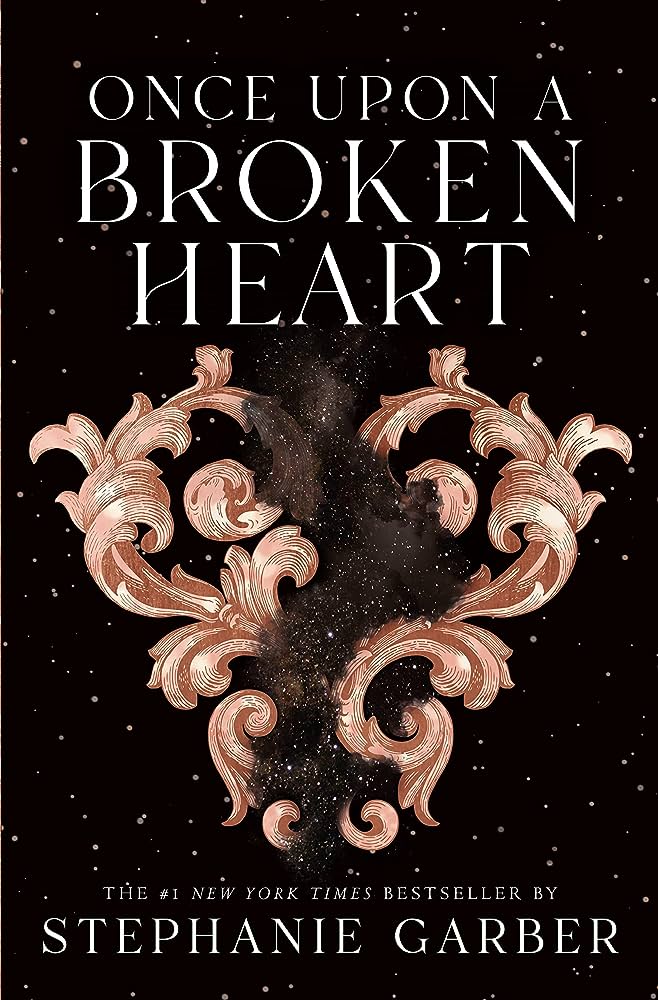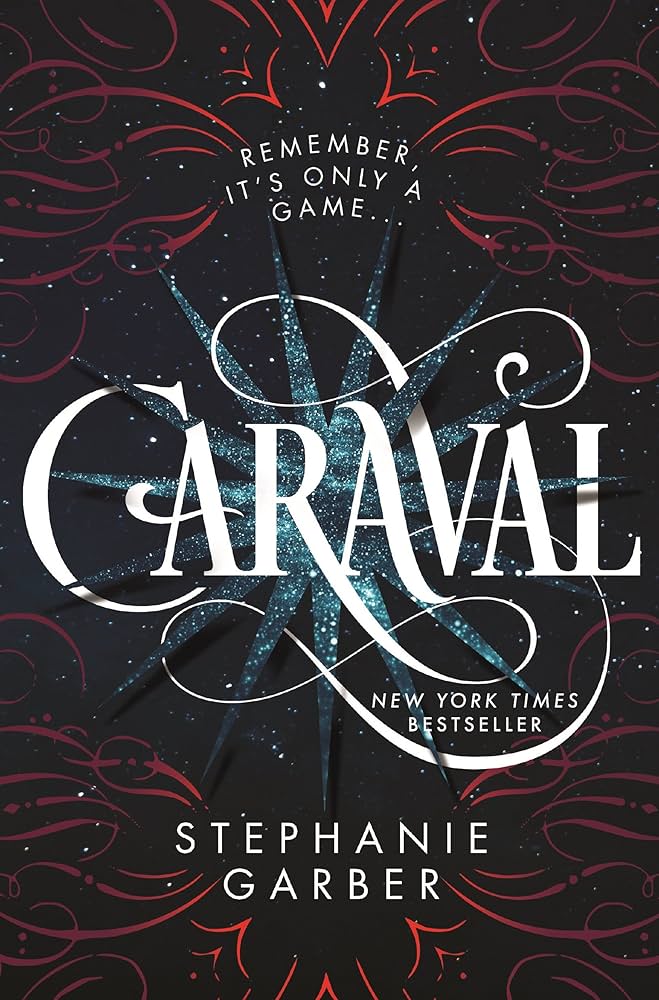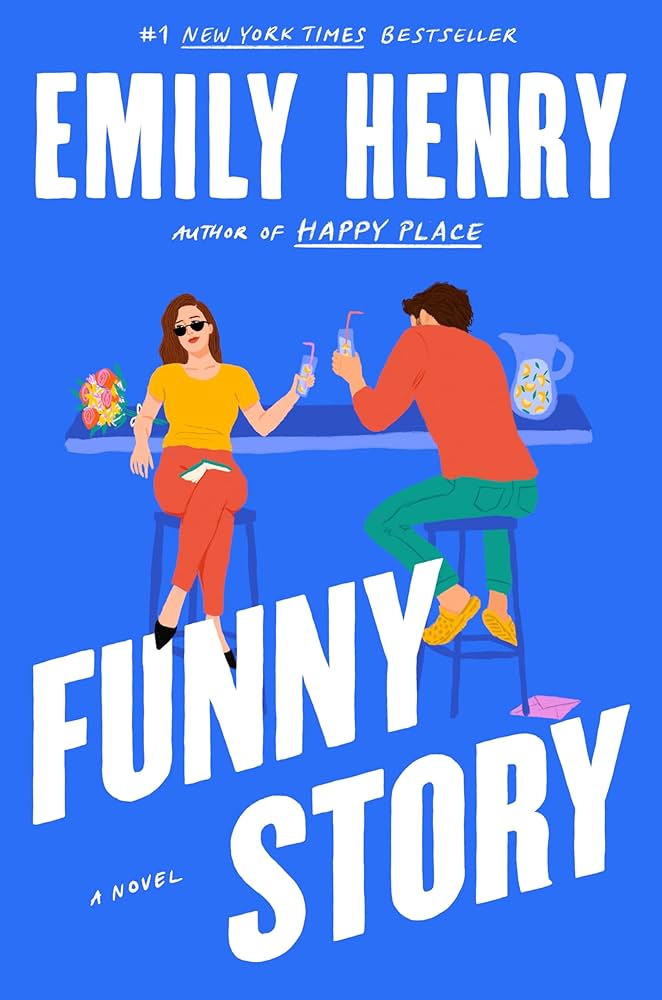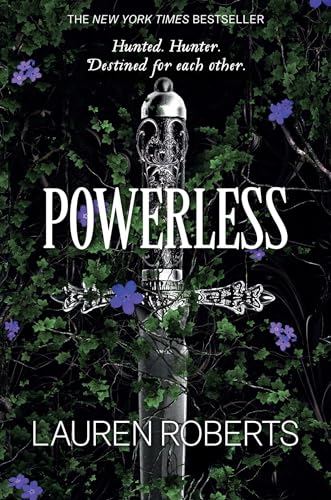Author Interview: The Literary Spotlight with Author Reuven Fenton
Today, I introduce Reuven Fenton, a distinguished journalist and talented writer who has made a significant impact in both nonfiction and fiction. With a career spanning numerous years as a general assignment reporter for the New York Post, Reuven has covered an extensive array of news stories, showcasing his versatility and dedication to the craft of writing.
Reuven’s debut novel, “Goyhood,” marks a remarkable entry into the literary world, following the success of his nonfiction work, “Stolen Years,” a compelling collection of stories about individuals wrongfully imprisoned.
In this interview, Reuven will share his insights into the creative process, the influences that shaped his writing style, and the challenges he faced along the way. His dedication to authenticity and his ability to weave complex themes into his narratives make his work both engaging and thought-provoking.
Join me as I delve into the mind of Reuven Fenton, exploring his journey, his inspirations, and his advice for aspiring writers.
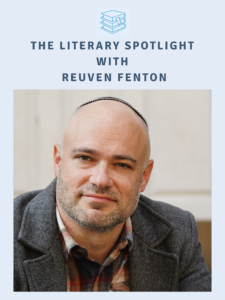
Introduction:
Cyra: Could you please introduce yourself and tell us a bit about your writing background? What inspired you to become a writer, and how did your writing journey begin?
Reuven: I’m a longtime general assignment reporter for the New York Post, covering every category of news. “Goyhood” is my debut novel. My previous book, “Stolen Years,” is a nonfiction story collection about people imprisoned for crimes they didn’t commit.
I was drawn to literature starting as a little kid when one of my favorite pastimes was getting lost in a story – whether one read aloud to me or one devised from my own imagination. Growing up, I was a terrible student in all classes except English. After college I fell into journalism, one of the few professions out there for people drawn to reading and writing. After my nonfiction book “Stolen Years” came out, I decided I was ready to try fulfilling a lifelong dream. My first attempt at a novel was a young adult urban fantasy that failed to win literary representation. My second attempt was “Goyhood.”
Creative Process:
Cyra: Could you share a glimpse into your creative process? How do you approach developing ideas and turning them into stories? Do you have any specific rituals or habits that help you get into the writing zone?
Reuven: I start with a “What if?” scenario, a cool idea that hits me when I least expect it. I’ve got a list of such ideas on my phone – “Wouldn’t it be wild if…[fill in the blank]?” I’ll set my story just before the big crisis – i.e. the “what if” – puts the plot in motion. The protagonist spends the rest of the novel trying to resolve the crisis.
I try not to worry about the zone, because I have so little time to write as it is. My strategy is to focus on word accumulation. I try to write 1,000 words a day. Rarely do I write all 1,000 in one sitting. I’ll do a couple hundred in the morning before work. Then, during the day, I’ll find little windows of time to add more words. If I’m not too tired at night, I’ll finish the quota.
Writing Influences:
Cyra: Who are some of your favorite authors or literary influences, and how have they shaped your own writing style? Are there any books or works that have had a profound impact on your writing career?
Reuven: Rex Pickett, James Lee Burke, Charles Portis, Bernard Malamud, Larry McMurtry, Gillian Flynn, Joyce Carol Oates, Gregg Hurwitz, Isaac Bashevis Singer, and about 50 others. What this diverse array of authors have in common is the ability to galvanize me, and make me forget I’m reading. I try to emulate that quality in my own writing.
I reread Rex Pickett’s “Sideways” series every May. They’re not the greatest novels of all time, but they are great and they comfort me and fill me with optimism when I need it most. Plus, they’re road trip stories, which I’m sure inspired “Goyhood’s” road trip theme.
Secrecy, loyalty, consequences of past actions – these are all sources of tension, an essential ingredient in every successful novel. I’m always recalling instances of tension in my own life – specifically the emotions they spurred in me – and finding ways to weave them into my stories. My characters are defined by how they react to these tensions. If they react in ways that feel authentic and relatable, readers want to keep reading.
Overcoming Challenges:
Cyra: What challenges have you faced as a writer, and how did you overcome them? How do you handle writer’s block or periods of self-doubt?
Reuven: I’ll combine a and b because while I don’t get writer’s block, I know all about self doubt. Every author’s biggest fear is pouring their heart and soul into a novel, only for it to never see the light of day. This has happened to me and it’s terrible. To manage self doubt, I think of the old adage. “Fake it till you make it.” Delude yourself; play the role of an author who knows what he’s doing. Pretend your way through the writing, and keep pretending as you query your novel to agents.
Character Development:
Cyra: How do you approach developing compelling and relatable characters in your stories? Are there any strategies or exercises you use to ensure your characters feel authentic and three-dimensional?
Reuven: Character development happens very gradually over the course of a dozen drafts. In my first draft, the characters are crude, thinly drawn – barely characters at all. With each draft, as my story comes into focus and the tensions become more defined, my characters start reacting to things in a realistic way. They mature from caricatures to avatars of real people.
My characters must feel true to life, or I know I’ve failed. My strategy is keeping a document, a sort of stream-of-consciousness journal that I turn to whenever the story stalls or the characters start ringing false. In this document I don’t care about good prose. I’m just concerned with working on my characters, getting them back on track.
Creative Inspiration:
Cyra: Where do you find inspiration for your stories? Are there any specific themes or topics you enjoy exploring in your writing?
Reuven: I take note of the creative ideas that wander into my head while I’m taking a walk or doing the dishes, and add them to a list I keep on my phone.
I don’t think I’m drawn to any particular theme, though my interests do veer toward contemporary, character-driven stories. I don’t see myself ever writing historical fiction, for example, let alone fantasy, mystery or sci fi. I enjoy reading thrillers and horror novels, but I doubt I’ll ever write one.
Personal Reflection:
Cyra: Is there a particular book or project you are most proud of? Could you share the story behind it? What is the most rewarding aspect of being a writer for you?
Reuven: By far the book I’m most proud of is “Goyhood.” My previous novel, the one I couldn’t get an agent for, was my attempt to break into commercial fiction. I tapped into a popular genre hoping it would be a hit, even though it was a genre I don’t read. I would not have read my own book. This might seem crazy, but as a journalist I’ve learned to appreciate the mass appeal of things that don’t always interest me personally. I’m not that subjective, in other words, and I’m willing to treat writing like a job. At any rate, feeling dispirited that I failed to sell the thing, I treated myself to a novel written to my exact reader specifications, a book that had everything I love. This was “Goyhood.”
Writing is tough. I raise my eyebrows whenever I hear someone rave about the joys of writing, because I find writing frustrating, labor intensive and often tedious. But I will say this: having a novel in the works elevates my average day-to-day happiness. I’ve got something going on. I have something to hope for. My time feels well spent, and I go to sleep feeling good about my day’s labor. And of course, there’s the joy of getting published. Dorothy Parker said it best: “I hate writing, I love having written.”
Editing and Revision:
Cyra: How important do you think the editing and revision process is for a writer? Could you share your approach to editing your own work? Do you have any suggestions for writers on how to improve their editing skills?
Reuven: For me, editing and revision are writing. What I do is I start with an accumulation of words that bear the promise of a novel. Over the course of many drafts I rewrite and rewrite (read: revise) until that mountain of words resembles an actual novel. Eventually I have a story locked down with all the pieces in place. That’s when I start fine-tuning the prose.
Read other novels. The more you read, and the more you study what you read, the better sense you have of what a finished novel looks like. Emulate those novels, and don’t stop revising until yours is on par with them.
Publishing and Marketing:
Cyra: What has been your experience with the publishing industry? Any advice for aspiring authors on finding agents or publishers? How do you navigate the world of book marketing and promotion? Any tips for authors looking to build their audience?
Reuven: Most important, write your novel professionally (See 13a). Make it outstanding. Then pull up lists of agents online and start querying. Make sure your query letter is perfect, as per many templates you can find online. Once you acquire your agent, he or she will handle hunting for a publisher.
I employ the same querying strategy with marketing. A lot of people swear by social media. I’m not big on social media myself, but I’ve enlisted lots of Booktubers who’ve agreed to review “Goyhood” on their YouTube channels. Since my book is Jewish-themed, I’ve queried Jewish newspapers and blogs, and also general news outlets. Despite a lot of rejections, playing the numbers game proved fruitful. I’m anticipating at least 50 reviews ranging from low-subscription Youtubers to major national news outlets.
Character Arc:
Cyra: The protagonist, Mayer, undergoes a significant transformation throughout the novel. How did you approach developing his character arc, particularly his journey from a small-town Georgia upbringing to a Talmud scholar in Brooklyn?
Reuven: Actually he goes through two transformations. I sort of breezed over his transformation from small town Georgia boy to Brooklyn Talmud scholar because the story really begins when he’s already the latter. The story’s major crisis lands with Mayer discovering he’s not really a Jew, initiating his second transformation, a reversion back to the Georgia boy he once was. I approached this character arc as the logical progression in any fish-out-of-water story: new experiences and relationships open his eyes to the world and make him realize things about himself; changes are inevitable.
Family Dynamics:
Cyra: The relationship of the twin brothers is central to the story. Can you discuss the dynamics between the Belkin brothers and how they evolve throughout the narrative?
Reuven: Jewish mysticism teaches of a dichotomy in every human being between their Godly soul and their Animal soul. Mayer, the cloistered Talmud student, represents an extreme example of the Godly soul – someone with no vice. David, the quintessential animal soul, knows only physical pleasure. So it’s logical that these opposites should become estranged. But when circumstances bring them back together, the two souls are forced to confront one another. Eventually they unite as one.
Side Characters:
Cyra: Charlayne Valentine and Popeye add unique dimensions to the journey. What inspired their characters, and how do they contribute to story’s growth?
Reuven: In Charlayne I wanted a free-spirited tagalong whom Mayer first objects to, then warms up to as he gains worldly perspective. Remember, Mayer’s been living a cloistered life for the past quarter century. Who better than an adventurous and tender soul like Charlayne to lift the veil from his eyes? Popeye serves a similar function, except he’s a throwback to the dog of Mayer’s childhood. He’s there to remind Mayer of what he once was.
Advice for Budding Writers:
Cyra: What advice would you give to aspiring authors who are just starting their writing journey? How do you handle rejection and criticism in the publishing world?
Reuven: Be professional. Don’t go rogue. The publishing world has rules and regulations on how a novel must be written. Learn these rules and stick to them. Is your novel structurally sound? Does it follow a three-act story arc? Does your protagonist undergo a transformation? Read craft books and think of them as instruction guides.
Keep querying. Query hundreds of people if you must. Most new authors don’t hit paydirt right away; they just keep casting a wider net. This busy, proactive approach makes rejection a lot easier to handle.
Favourite Quote:
Cyra: What’s your favorite quote that keeps you going in life?
Reuven: From the movie “Cast Away”:
”I know what I have to do now, I’ve got to keep breathing because tomorrow the sun will rise. Who knows what the tide could bring?”
Future Projects:
Cyra: Could you give us a sneak peek into any upcoming projects both in terms of your advocacy work and your literary pursuits? Do you have any upcoming projects or goals you would like to share?
Reuven: I’m well into the second draft of a new novel, but out of superstition I’ll refrain from going into details, other than to say it’s on a subject very close to my heart.
Build your novel as you would a sandcastle. The first draft should just be a word dump. Over subsequent drafts, as you carve and mold, you’ll start seeing your story take shape.
